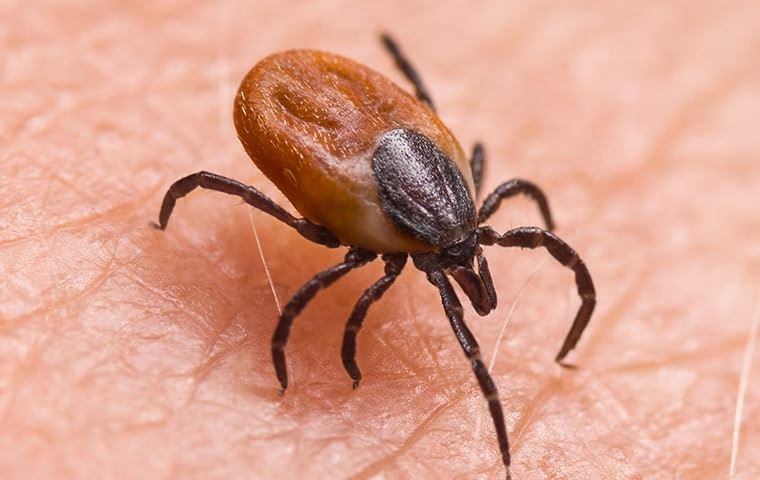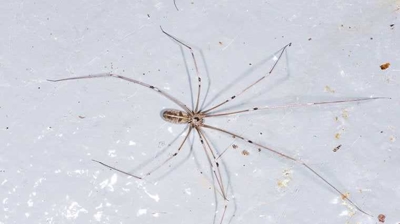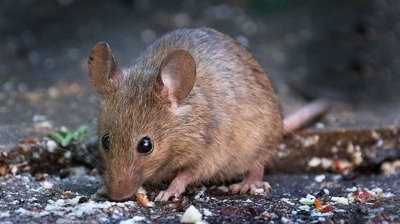
Ticks Identification & Prevention
Frequently Asked Questions about Ticks
Have questions? We are here to help. Still have questions or can't find the answer you need? Give us a call at 252-424-7966 today!

-
How can I prevent ticks in the future?
Pests are not just a nuisance; they pose potential health risks and are capable of damaging property.
- Avoid problems with ticks with the help of the following prevention tips.
- Keep your grass cut short.
- Keep shrubs or bushes well-trimmed.
- Cut overgrown grass and vegetation back away from the exterior of your house.
- Remove bird feeders from your property that could attract wild animals.
- Place tight-fitting lids on trash cans and compost bins to keep foraging wild animals away.
- Inspect yourself, your children, and your pets for ticks after spending time outside.
- When spending time outdoors, use an appropriate tick repellent.
- Put your pets on a year-round tick control program under the guidance of their veterinarian.
- Regularly vacuum your home to pick up stray ticks.
- Seal off spaces around the exterior of your home to prevent wild animals from gaining access.
-
How do I get rid of ticks?
Acquiring help from a professional home pest control expert is the best way to control ticks and keep them from returning. At Albemarle Termite & Pest Control, our technicians are highly trained and dedicated to providing safe and effective pest control services in Elizabeth City that are affordable. We are a local pest control company whose number one priority is putting our customers first and exceeding expectations. For home or business owners looking to eliminate pests from their property once and for all, call Albemarle Termite & Pest Control today!
-
Where will I find ticks?
Ticks live outside on the backs of their animal hosts. If not feeding, ticks are hiding out in damp, dark areas of vegetation, waiting for a new host to walk by that they can crawl on and attach themselves to. Tall grass, thick vegetation, bushes, the edges of wooded paths, and the edges of ponds and lakes are typical spots where you or your pets could come into contact with biting ticks.
Most species of ticks are not able to complete their life cycle indoors and are, therefore, not an indoor threat for an infestation.
-
Why do I have a tick problem?Wild animals foraging for food on your property is most likely the reason why ticks are on your property. Rodents are one of the primary hosts for ticks, but other wild animals like raccoons, skunks, deer, birds, and others also introduce these parasitic pests into our yards. You or your pets may also come into contact with ticks while walking in wooded areas, at dog parks, campgrounds, parks, and other outdoor spaces.
-
Are ticks dangerous?Ticks feed on a variety of hosts and are vectors of a variety of disease-causing pathogens. Having ticks on your property is dangerous for you and your pets. Diseases they spread include Lyme disease, babesiosis, anaplasmosis, tularemia, and ehrlichiosis. Tick populations should never be allowed to thrive on any property.
-
What are ticks?Ticks are outdoor pests that are a significant threat to people and animals because of the many diseases they can spread. They are a type of arachnid, and like all arachnids, adult ticks have eight legs. They have a singular oval-shaped body region. Before feeding, their body is flat, and after feeding, their body swells like a balloon. Ticks use their specialized mouth-like structure to pierce the skin of their host and feed, and their sole source of food is blood from their hosts. They are wingless and move from location to location on the backs of their animal hosts.



